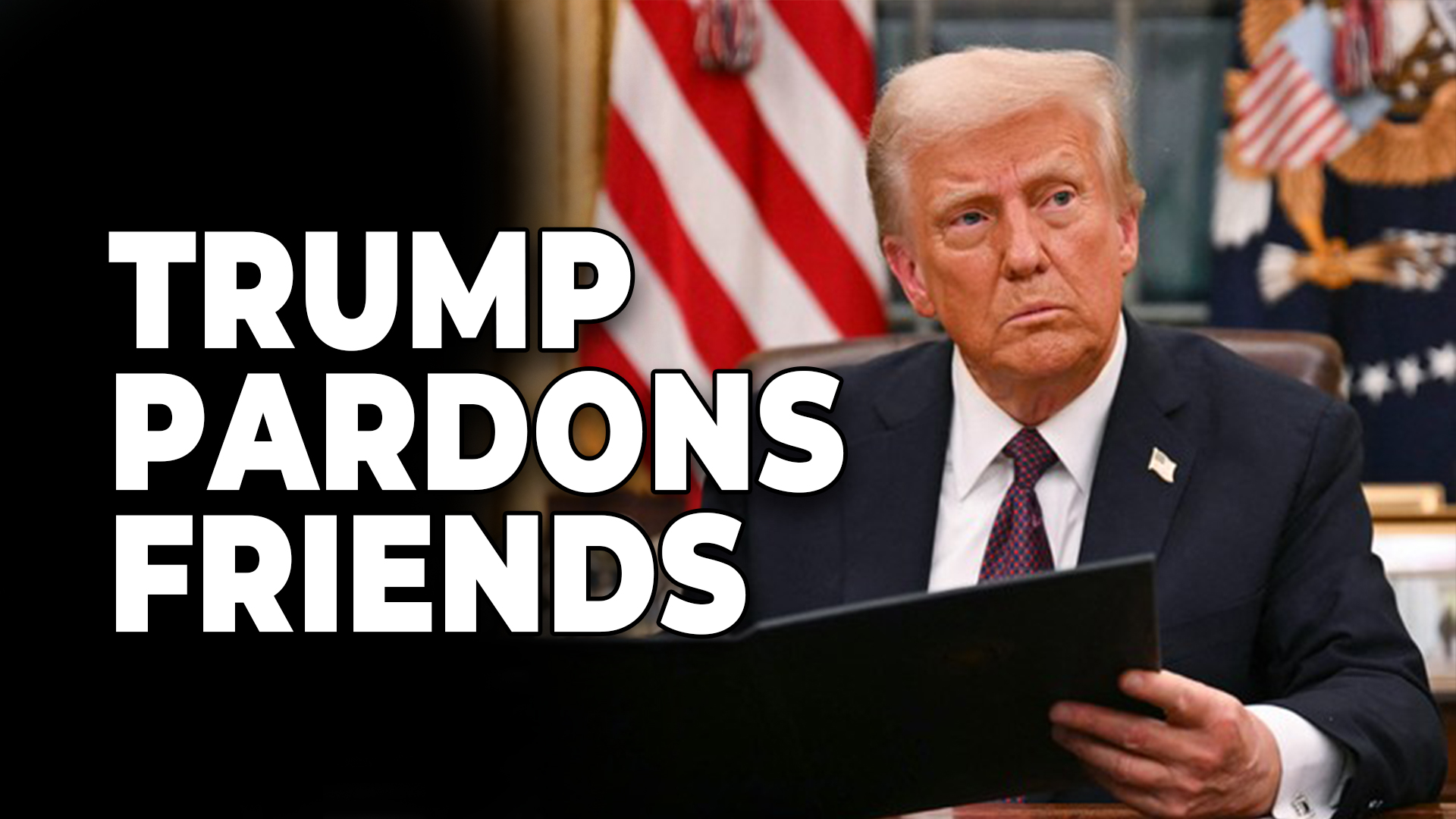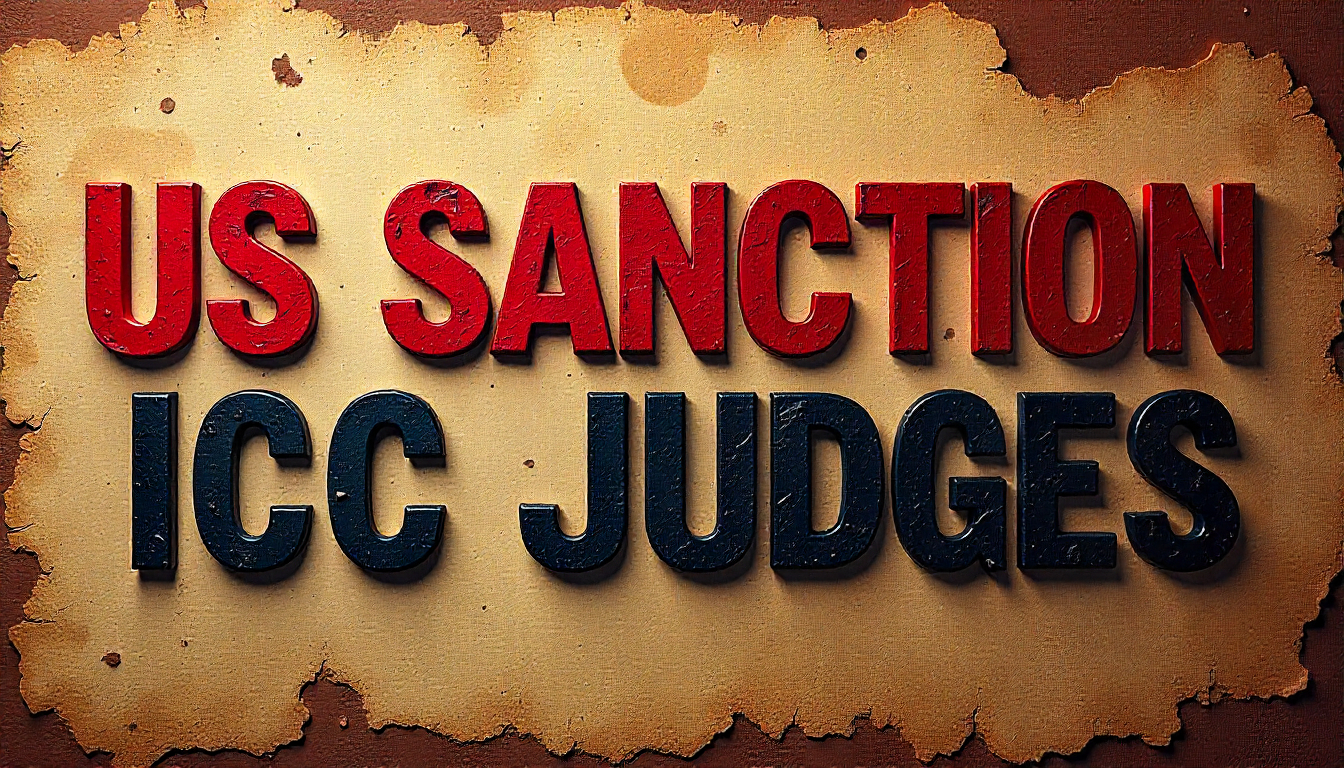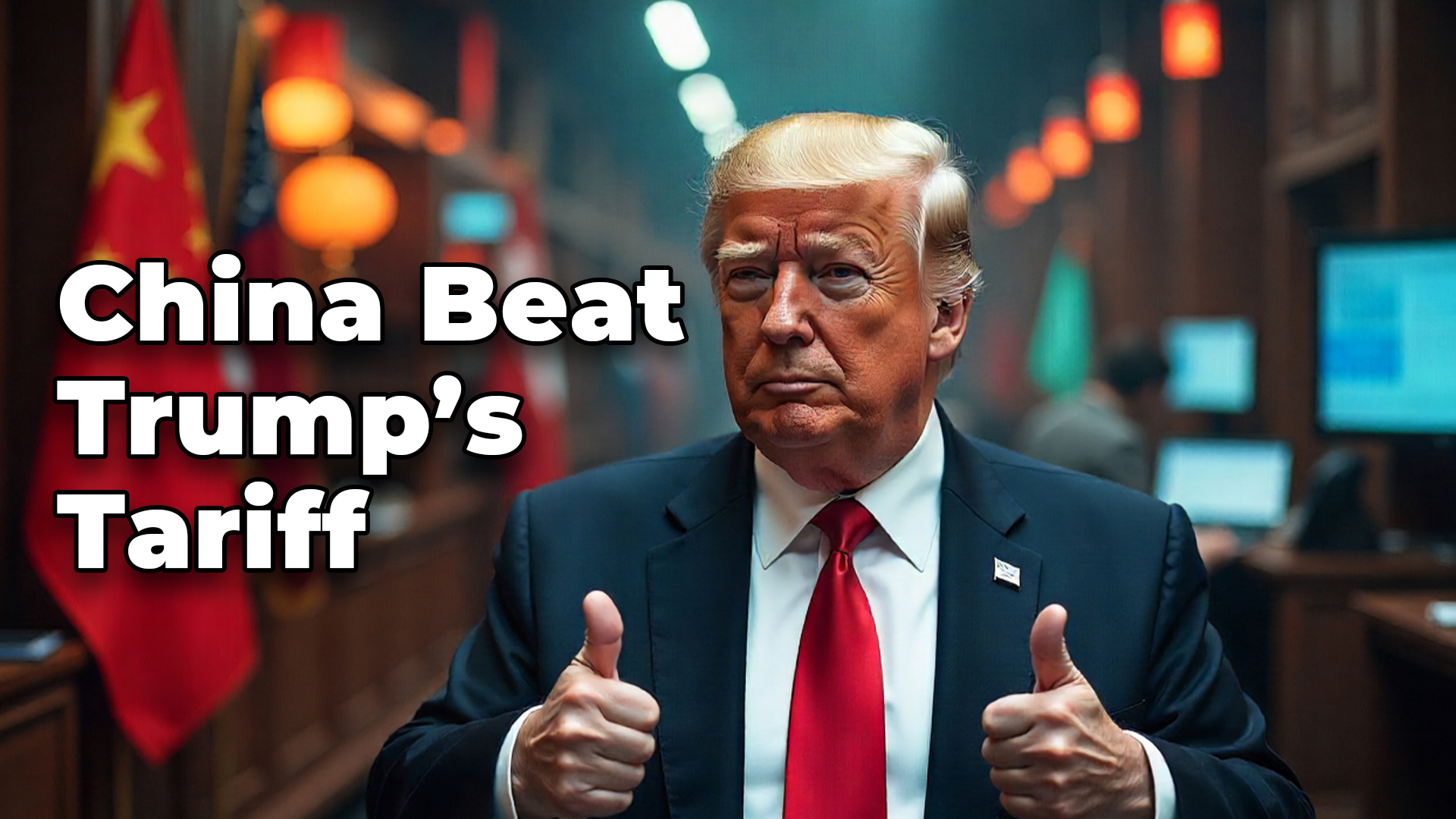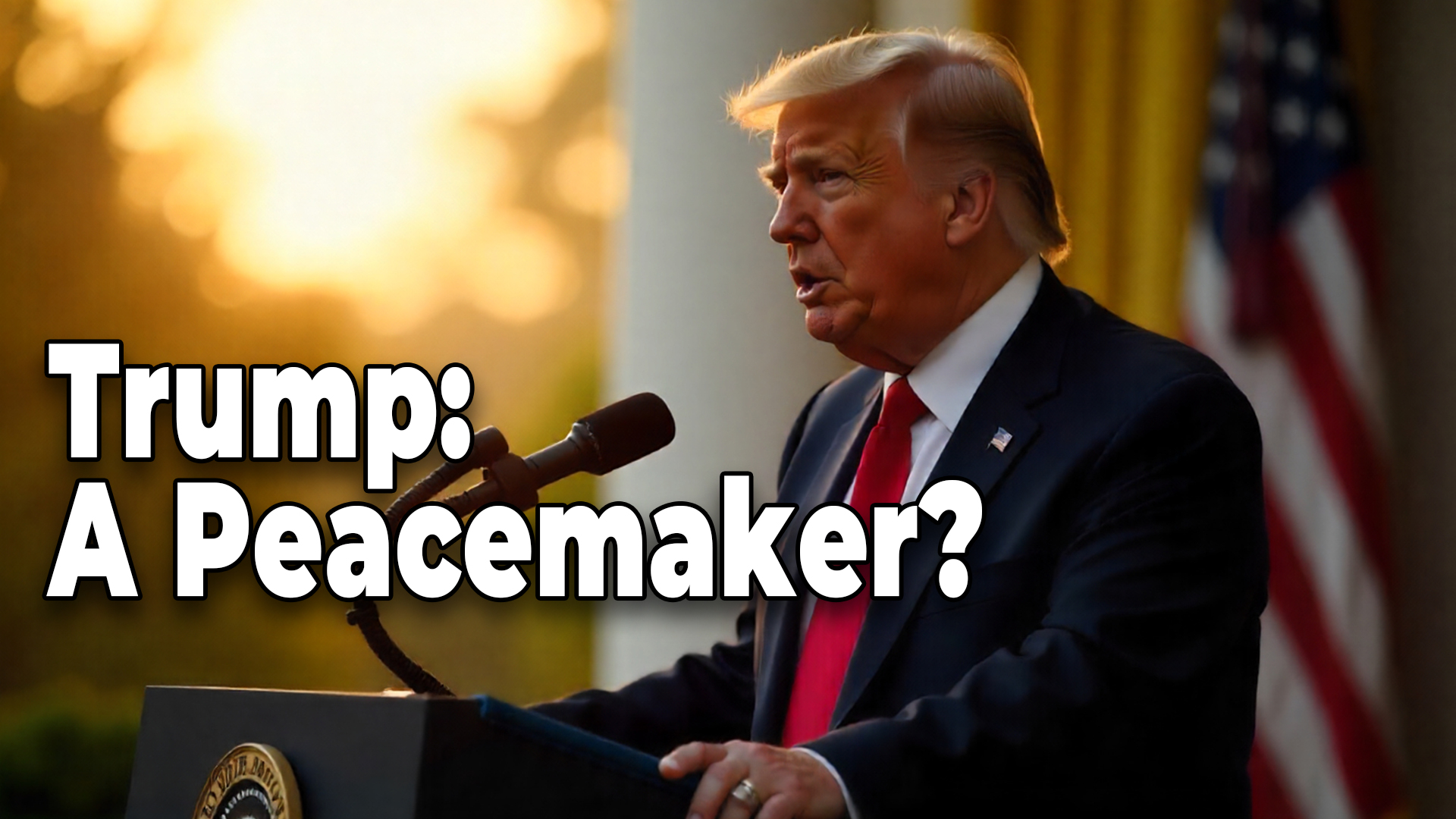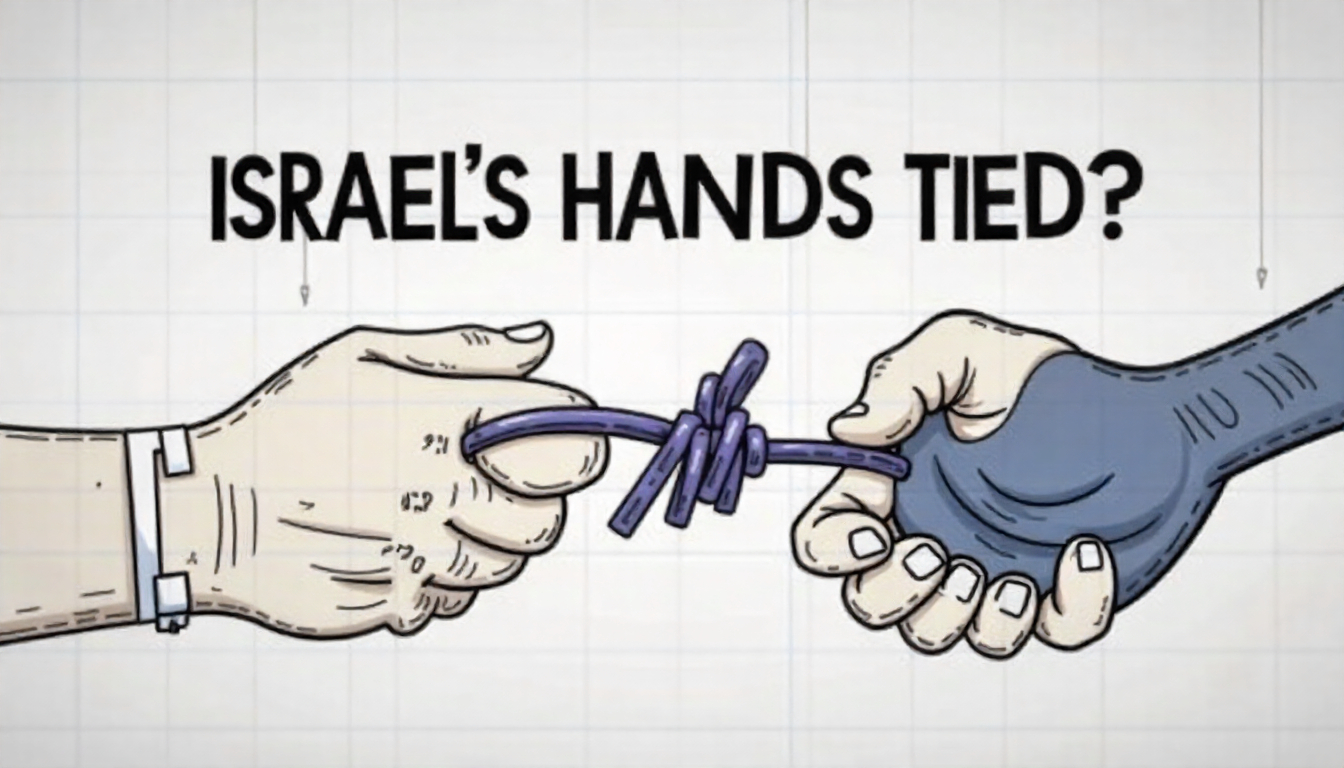In one of the most polarizing moves of his second term, President Donald Trump has once again placed the full weight of his presidential authority squarely on the scales of justice. His recent wave of pardons, extending clemency to key allies such as Rudy Giuliani, Roger Stone, and other loyalists connected to the post-2020 election controversies, has ignited a political firestorm across America and beyond.
Just weeks into his second term, Trump’s actions have deepened the nation’s divisions, raising old questions about executive power, accountability, and the moral limits of presidential pardon authority.
How China Beat Tariffs Without Firing a Shot
A Promise Kept — or Power Abused?
During his 2024 campaign, Trump repeatedly vowed to “protect the innocent” from what he called politically motivated prosecutions. His critics, however, see the pardons not as justice served but as a continuation of Trump’s crusade against perceived enemies within the government.
Among the beneficiaries, Rudy Giuliani—once celebrated as “America’s Mayor” for his post-9/11 leadership—had faced a tangle of federal indictments tied to alleged attempts to overturn the 2020 election results. Roger Stone, a longtime confidant whose sentence was previously commuted by Trump, also found redemption through another presidential pen stroke.
The White House defended the pardons, framing them as necessary corrections to “deep state witch hunts” that unfairly targeted political figures loyal to the president. But outside the walls of 1600 Pennsylvania Avenue, the outrage was swift.
“This isn’t clemency; it’s cronyism on steroids,” wrote Miriam Baer, a professor of law at Brooklyn Law School, in a blistering editorial. “Unlike Ford’s pardon of Nixon, which sought national healing, Trump’s actions appear purely self-preserving.”
Echoes of Nixon—and a Constitutional Dilemma
Trump’s expansive use of the pardon power underscores one of the Constitution’s most debated provisions: the president’s unchecked authority to grant reprieves and pardons for federal crimes. Historically, this power has been wielded sparingly, often in the interest of reconciliation or mercy.
But Trump’s pattern—from the Flynn and Manafort pardons in his first term to this latest round—has blurred the line between mercy and manipulation, reigniting a national debate over whether the system itself invites abuse.
Democrats in Congress have renewed calls for pardon power reform, suggesting measures such as requiring transparency reports or limiting pardons involving presidential associates. House Judiciary Committee Chairman Jim Jordan, however, dismissed these proposals as “sour grapes from the left,” arguing that Trump is simply exercising the authority granted to every president since George Washington.
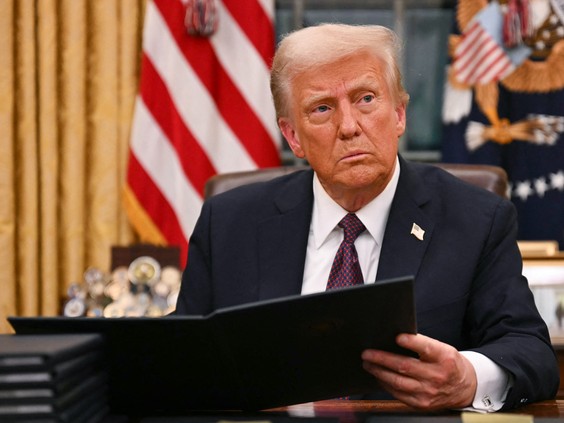
U.S. President Donald Trump signing pardons in the Oval Office of the White House in Washington, DC. Photo by JIM WATSON/AFP via Getty Images/Postmedia files
A Divided Nation—and the Optics Abroad
Polls mirror the deep partisan split that defines today’s America. A Gallup survey shows 52% of Americans disapprove of Trump’s latest pardons, though more than 80% of Republicans endorse them. For Trump’s base, the pardons are acts of defiance against the establishment; for his detractors, they are evidence of creeping authoritarianism.
The ripple effects extend beyond U.S. borders. The European Union and several human rights organizations have voiced concern that such actions could embolden autocratic leaders worldwide to shield allies under the guise of legal authority. “When the U.S. normalizes impunity,” one EU diplomat commented, “it sends the wrong message to nations still struggling for democratic accountability.”
Trump’s Gamble: Legacy or Liability?
As social media hashtags like #PardonAbuse and #TrumpJustice dominate online discourse, one central question persists: Is Trump reshaping justice—or simply weaponizing it?
The pardons may secure short-term loyalty among his political circle, but they also risk cementing a legacy of executive overreach and partisan vengeance. Whether these moves will prompt constitutional reforms or further polarize an already divided nation remains to be seen.
But one truth stands firm: Trump’s pardons are not merely legal acts—they are political statements, declarations of power in a country still struggling to define the boundaries of its democracy.

